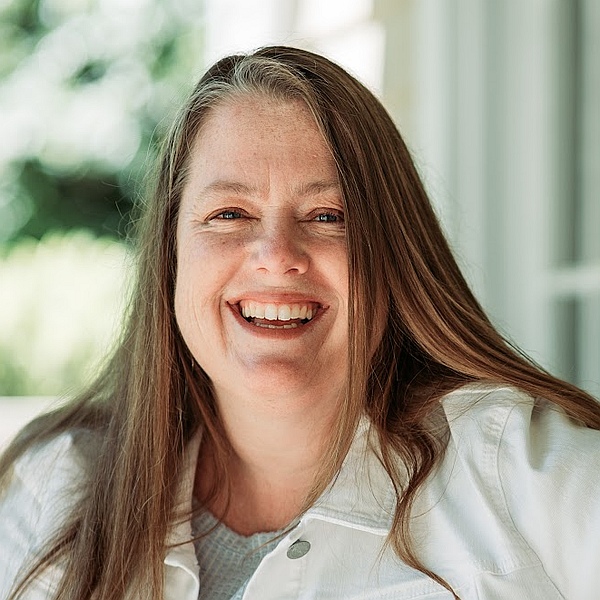Overcoming social anxiety through group counseling activities is effective. Social anxiety exists when a person exhibits fear related to social gatherings, such as fear of being judged, excessive worry about one’s appearance, or persistent distress that makes everyday social activities difficult.
If you’ve been diagnosed with social anxiety disorder, you may struggle with fear of others finding out about your anxiety, an intense scrutiny of your perceived flaws and faults, and avoidance of any social activities that would otherwise be considered typical for your age and stage of life.
While shyness and some awkwardness can be normal for many depending on their personality, a persistent fear of social outcomes and avoidance of social interactions is what marks social anxiety disorder.
When you’ve been diagnosed with social anxiety disorder, ask your counselor if attending a specific group that targets social anxiety would be helpful. Here are four group counseling activities that a group near you may offer:
Role-playing specific challenges in group counseling
As your group gets comfortable with one another, you can play a part in helping someone else overcome their social anxiety. Learning tips for how to start a conversation, how to talk to a stranger, and how to look a person in the eye while speaking is worthwhile throughout a lifetime.
Simple tasks, such as asking a customer service clerk for help to find a specific item at the grocery store, can seem incredibly overwhelming. That’s where group counseling activities help you practice so that when you need it, you can do it.
Preparing for future events
 Because you’ll be in a group that’s specific to people trying to overcome social anxiety disorder, everyone in the group is understanding. They know what it’s like to try and prepare for something that scares you. Activities that help you prepare for specific life events will help you imagine yourself being successful and give you hope that overcoming your anxiety can be done.
Because you’ll be in a group that’s specific to people trying to overcome social anxiety disorder, everyone in the group is understanding. They know what it’s like to try and prepare for something that scares you. Activities that help you prepare for specific life events will help you imagine yourself being successful and give you hope that overcoming your anxiety can be done.
For example, if a group member has to attend the wedding of a family member soon, the group leader – a trained psychologist or mental health counselor – may suggest an activity to help mentally prepare for the event, such as a grounding activity where you imagine yourself getting out of the car at the church, walking up the steps, entering the church building and sitting in a pew.
Recognizing how you feel in your body as you imagine yourself attending the event is meant to ground you in the experience and allow you to share with other group members how you feel and what your concerns may be.
Support each other before or after challenges
One of the benefits of group counseling is the opportunity to “be there” for others and for them to support you, too. That support can be in the form of asking you how a social event went, and what happened, and then encouraging you if you weren’t able to do something you had hoped to do. You can also be inspired as you listen to the stories of others when they’ve accomplished something that was fearful or caused intense worry.
The support offered by group counseling is one of the reasons cognitive behavioral therapy works so well in groups. Cognitive-behavioral group therapy teaches a group how to cope with stressful events and situations that come up in day-to-day life.
Brainstorming activities for what-if scenarios
A concern that many with social anxiety have is the “what if” of any social situation. For example, they may wonder, “What if I trip and fall on my way to the altar while standing as a bridesmaid at my friend’s wedding?” Or they could simply worry about saying the wrong thing on a first date.
Brainstorming activities allow peers in the group to get involved in the fear you have and lend ideas for helping you overcome the fear. This kind of peer support is what gives group counseling the power to influence change and give patients the confidence they need to face social situations.
Many reports suggest that group counseling for social anxiety can be far more effective than individual counseling. Not only do you have the guidance of a trained counselor to help the conversation continue to be fruitful and purposeful, but you also have the added benefit of others who know how you feel and what it’s like to feel overwhelmed by social situations that seem easy for some.
In addition, group counseling is a small window into social activities. As group members discuss topics and practice together, they can encounter what it’s like to accidentally interrupt someone, say something in an unintended manner, or experience embarrassment.
These are all moments that, when guided with sensitivity by the counselor who leads the group, can bring healing and wholeness to a person with social anxiety disorder. The patient experiences his or her “worst fear” in a supportive setting and then learns from it while receiving the encouragement of his peers.
Group counseling in Culver City, California may be an option for you at Culver City Christian Counseling. Call us today so we can find what works best with your schedule.
Photo:
“Table Time,” courtesy of Dylan Gillis, unsplash.com, CCO license
-
Brooke Turbyfill: Author
Brooke Turbyfill is a freelance editor and writer from north Georgia; she enjoys connecting with people over coffee, hiking, and reading books of all genres. When she isn't editing a book or writing an article for clients in the health and education...





